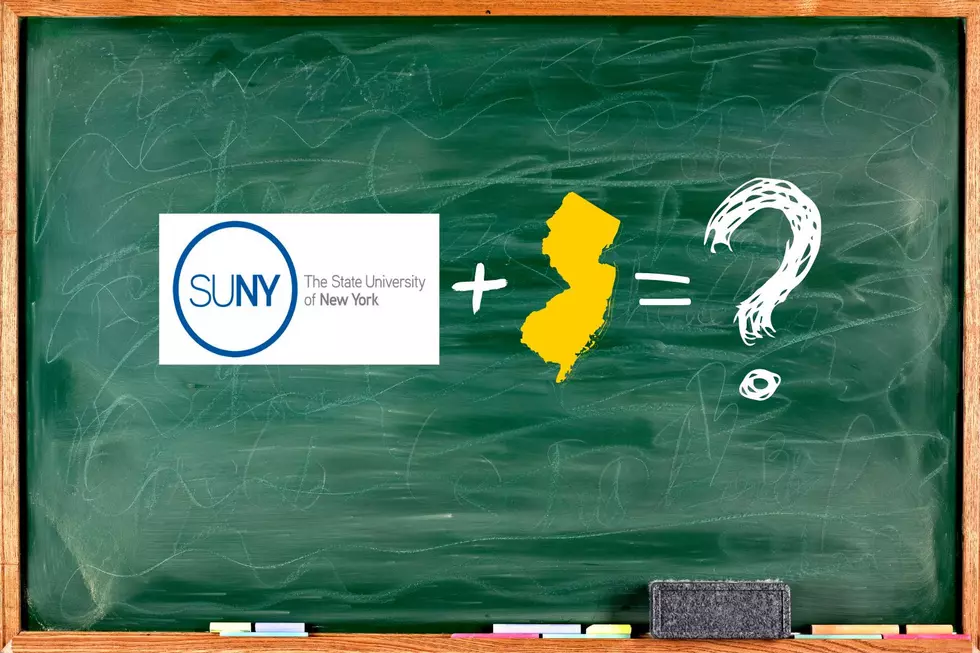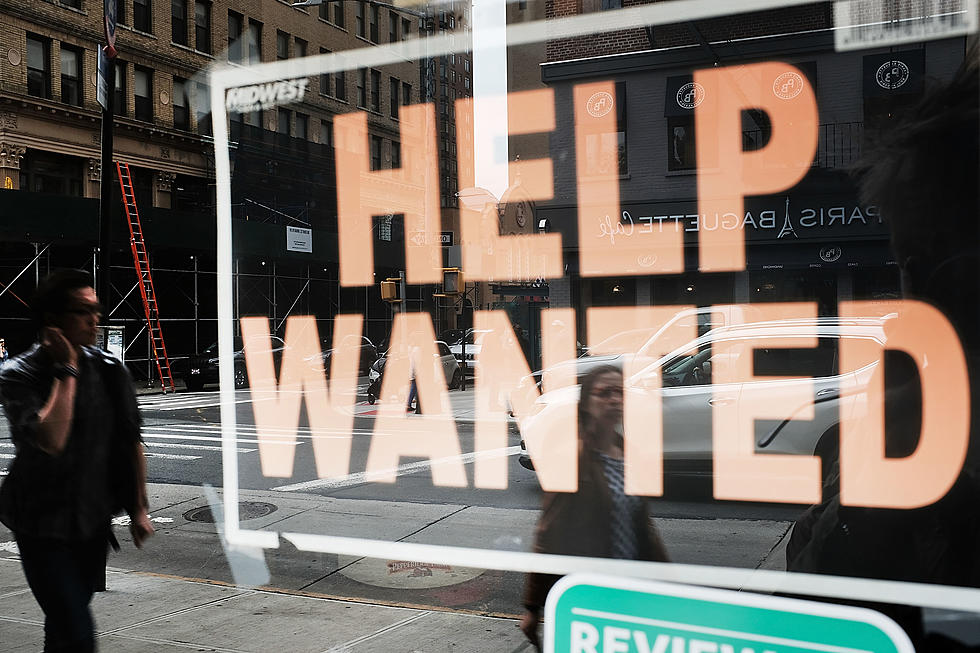![Student Loan Debt Outpacing Credit Card Debt Nationwide [AUDIO]](http://townsquare.media/site/385/files/2012/02/rutgers4.jpg?w=980&q=75)
Student Loan Debt Outpacing Credit Card Debt Nationwide [AUDIO]
For the first time in recent years, student loan debt has outpaced credit card debt as the biggest drain on the nation's economy, totaling $1 trillion.
It's becoming a never-ending cycle. Students who are unable to afford college on their own are getting loans, then graduating in this difficult economic climate with no job, putting them in a deep hole as interest fees grow and their debt piles up.
"The average college student has about $20,000 in student debt when they graduate and if they can't find a full-time job to start paying some of that back it becomes very burdensome," said Carl Van Horn, director of the Heldridge Center for Workforce Development at Rutgers University.
New Jersey is not unlike the nation and many students here are being crushed by this debt, said Van Horn. "The cost of college is not cheap by any means and so with the state's high unemployment rate, young adults here are feeling the impact."
James Hughes, dean of the Edward Bloustein school of planning and public policy at Rutgers, said the problem has gotten worse for many families across the state.
"Parents were able to use their houses as collateral and max out their credit cards and other things to help pay for their child's college education...they are no longer able to do that today."
Hughes said it is affecting households and how they live these days.
"In many cases new home ownership has to be delayed because they can't secure a mortgage, sometimes they can't even rent a home so increasingly we see them move back in with their parents."
What can be done? Van Horn says students should try and complete their degrees in four years or attend a community college for the first two years to save money.
"Students are going to have to work a lot harder these days to get their degree, find a job and pay off student loans. We are hoping the economy will turn around and the unemployment rate will improve."
More From New Jersey 101.5 FM









